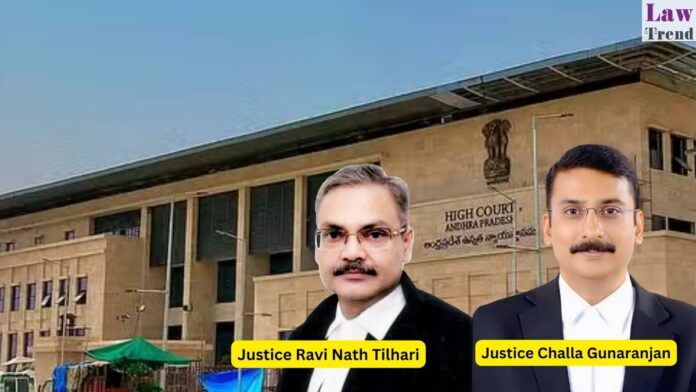The Andhra Pradesh High Court has held that the filing of a draft sale deed along with an execution petition under Order 21 Rule 34 of the Code of Civil Procedure (CPC), 1908, is not mandatory but merely directory in nature. The ruling was delivered by a Division Bench comprising Justice Ravi Nath Tilhari and
To Read More Please Subscribe to VIP Membership for Unlimited Access to All the Articles, Download Available Copies of Judgments/Order, Acess to Central/State Bare Acts, Advertisement Free Content, Access to More than 4000 Legal Drafts( Readymade Editable Formats of Suits, Petitions, Writs, Legal Notices, Divorce Petitions, 138 Notices, Bail Applications etc.) in Hindi and English.




